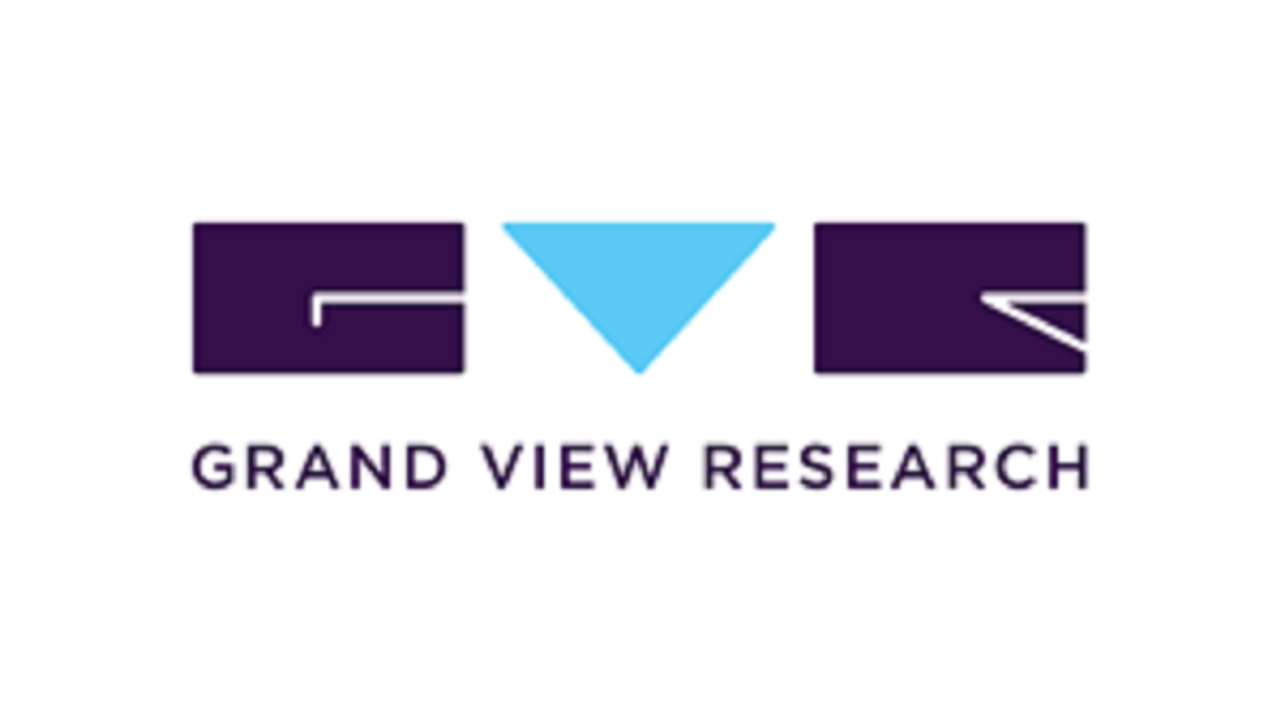Hospital Acquired Infections Diagnostics Market: Competitive Landscape & Forecast 2025-2030

The global hospital acquired infections diagnostics market size was estimated at USD 4.3 billion in 2024 and is projected to reach USD 4.74 billion by 2030, growing at a CAGR of 1.49% from 2025 to 2030. This steady growth is primarily driven by the rising prevalence of HAIs, which include critical conditions such as bloodstream infections, surgical-site infections, and ventilator-associated pneumonia, coupled with the increasing antimicrobial resistance among pathogens.
Several factors have further intensified the demand for advanced HAI diagnostic solutions. These include inadequate infection control practices in healthcare facilities, the growing volume of surgical procedures worldwide, and the expanding geriatric population, which is more vulnerable to infections due to weakened immunity and comorbidities. The increasing focus on patient safety and hospital quality standards has also contributed to the adoption of sophisticated diagnostic technologies.
HAIs are defined as infections that patients acquire while receiving medical treatment for other conditions within healthcare settings. These infections can lead to severe complications, prolonged hospital stays, increased healthcare costs, and, in some cases, death. According to the World Health Organization (WHO), approximately 1 in 10 patients globally will acquire a healthcare-associated infection during their hospital stay. This equates to millions of individuals annually, with the most common types including urinary tract infections (UTIs), surgical site infections (SSIs), pneumonia, and bloodstream infections.
The combination of rising infection prevalence, antimicrobial resistance, and growing awareness of patient safety is expected to fuel the demand for rapid, accurate, and reliable HAI diagnostic solutions, supporting the overall growth of the market through the forecast period.
Key Market Trends & Insights:
• In 2024, North America accounted for the second-largest share of the global hospital-acquired infections (HAIs) diagnostics market. The region’s performance can be attributed to well-established healthcare infrastructure, a high volume of hospital admissions, and increasing awareness of infection control measures. Within North America, the U.S. market is expected to witness steady growth over the forecast period, driven by rising investment in advanced diagnostic technologies, stringent regulatory standards, and increasing demand for accurate and rapid detection of HAIs.
• By infection type, urinary tract infections (UTIs) dominated the HAIs diagnostics market in 2024, capturing a revenue share of 26.8%. The high prevalence of UTIs among hospitalized patients, particularly in individuals with catheters or compromised immunity, has contributed to this segment’s leading position.
• Regarding product type, the consumables segment held the largest revenue share in 2024. Consumables, which include reagents, kits, and disposable materials used for diagnostic procedures, are critical for maintaining accurate, timely, and reliable testing, supporting the growing demand for HAIs diagnostics across healthcare settings.
• By diagnostic method, the blood tests segment led the market in 2024 in terms of revenue share. Blood-based testing remains a cornerstone for identifying pathogens responsible for bloodstream infections, sepsis, and other severe hospital-acquired infections, providing clinicians with essential information for effective patient management.
Order a free sample PDF of the Hospital Acquired Infections Diagnostics Market Intelligence Study, published by Grand View Research.
Market Size & Forecast:
• 2024 Market Size: USD 4.3 Billion
• 2030 Projected Market Size: USD 4.74 Billion
• CAGR (2025-2030): 1.49%
• Europe: Largest market in 2024
• Asia Pacific: Fastest growing market
Key Companies & Market Share Insights:
Some of the leading players in the hospital-acquired infections (HAIs) diagnostics market include BIOMÉRIEUX, Abbott, and F. Hoffmann-La Roche Ltd. These companies are at the forefront of driving industry growth through a variety of strategic initiatives.
To maintain and expand their global market presence, these key participants actively engage in new product launches, ensuring the introduction of advanced diagnostic solutions that meet evolving clinical needs. They also focus on obtaining regulatory approvals, which are crucial for market access and compliance with stringent healthcare standards across different regions.
In addition, companies pursue strategic acquisitions and partnerships to broaden their product portfolios, enhance technological capabilities, and enter new geographic markets. Continuous innovation in diagnostic technologies, such as rapid testing kits, automated platforms, and advanced molecular diagnostics, also enables these players to provide more accurate, reliable, and timely detection of hospital-acquired infections.
Key Players
• bioMérieux S.A
• Abbott
• Hoffmann-La Roche Ltd
• Siemens Healthcare Private Limited
• BD (Becton, Dickinson, and Company)
• Bioscience, Inc.
• QIAGEN
• Thermo Fisher Scientific Inc.
• Meridian Bioscience, Inc.
• Hologic, Inc.
Explore Horizon Databook – The world's most expansive market intelligence platform developed by Grand View Research.
Conclusion:
The global hospital-acquired infections (HAIs) diagnostics market is experiencing steady growth, driven by the increasing prevalence of HAIs and the rising antimicrobial resistance among pathogens. Factors such as inadequate infection control practices, the growing number of surgical procedures, and the expanding geriatric population have further intensified the demand for advanced diagnostic solutions. The market is characterized by a strong presence in Europe, with North America also holding a significant share. The Asia Pacific region is expected to witness the fastest growth during the forecast period, presenting opportunities for market expansion and innovation in diagnostic technologies.
- Art
- Causes
- Crafts
- Dance
- Drinks
- Film
- Fitness
- Food
- Games
- Gardening
- Health
- Home
- Literature
- Music
- Networking
- Other
- Party
- Religion
- Shopping
- Sports
- Theater
- Wellness


